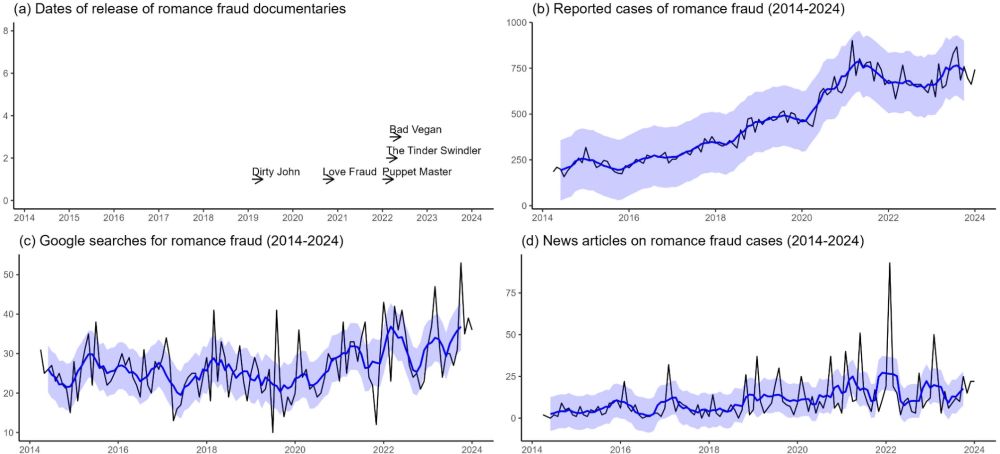The Bimodal Age Distribution of Mass Murder: a Systematic Review Using Evolutionary and Life History Perspectives - Evolutionary Psychological Science
Research has identified a bimodal age distribution among mass murderers, with younger offenders typically in late adolescence and older offenders in middle age. An evolutionary perspective offers a complementary framework for interpreting differences in motivations, stressors, and target selections across offender subtypes. Drawing from Life History Theory (Stearns, 1976) and evolutionary models of male competition, and resource control (Daly & Wilson, 1988; Duntley & Buss, 2011), this study explores how age-specific environmental stressors interact with evolved psychological mechanisms, shaping pathways to mass violence. A systematic review was conducted in April 2022, using Web of Science, Scopus, PsycARTICLES, PsycINFO, and a manual search. Of 634 studies retrieved, 20 peer-reviewed empirical studies met the stringent inclusion criteria, specifically examining the triggers, and stressors, experienced by mass murderers. A search in September 2024 identified no additional studies. Eligible studies were quality-assessed, and narratively synthesized to identify recurring psychological patterns, and situational triggers. Findings suggest that younger offenders often experience chronic rejection, and status deprivation, leading to public acts of retaliatory violence as an assertion of dominance, and a means of achieving notoriety. In contrast, older offenders, facing acute status losses such as divorce or financial collapse, were more likely to engage in familicide and suicidality, reflecting a maladaptive “last resort” strategy. Evolutionary models of male competition and risk-taking offer insight into why early-life social rejection can increase status-driven aggression, while midlife crises may provoke desperate attempts to regain control over one’s reproductive legacy. By integrating proximate stressors with evolutionary and life history frameworks, this review supplements existing criminological and psychological perspectives, providing an additional interpretive lens for understanding offender subtypes. While evolutionary theory does not offer an alternative model of mass violence, it is an added value perspective which highlights consistent patterns that may inform future research, risk assessment, and prevention strategies.
















